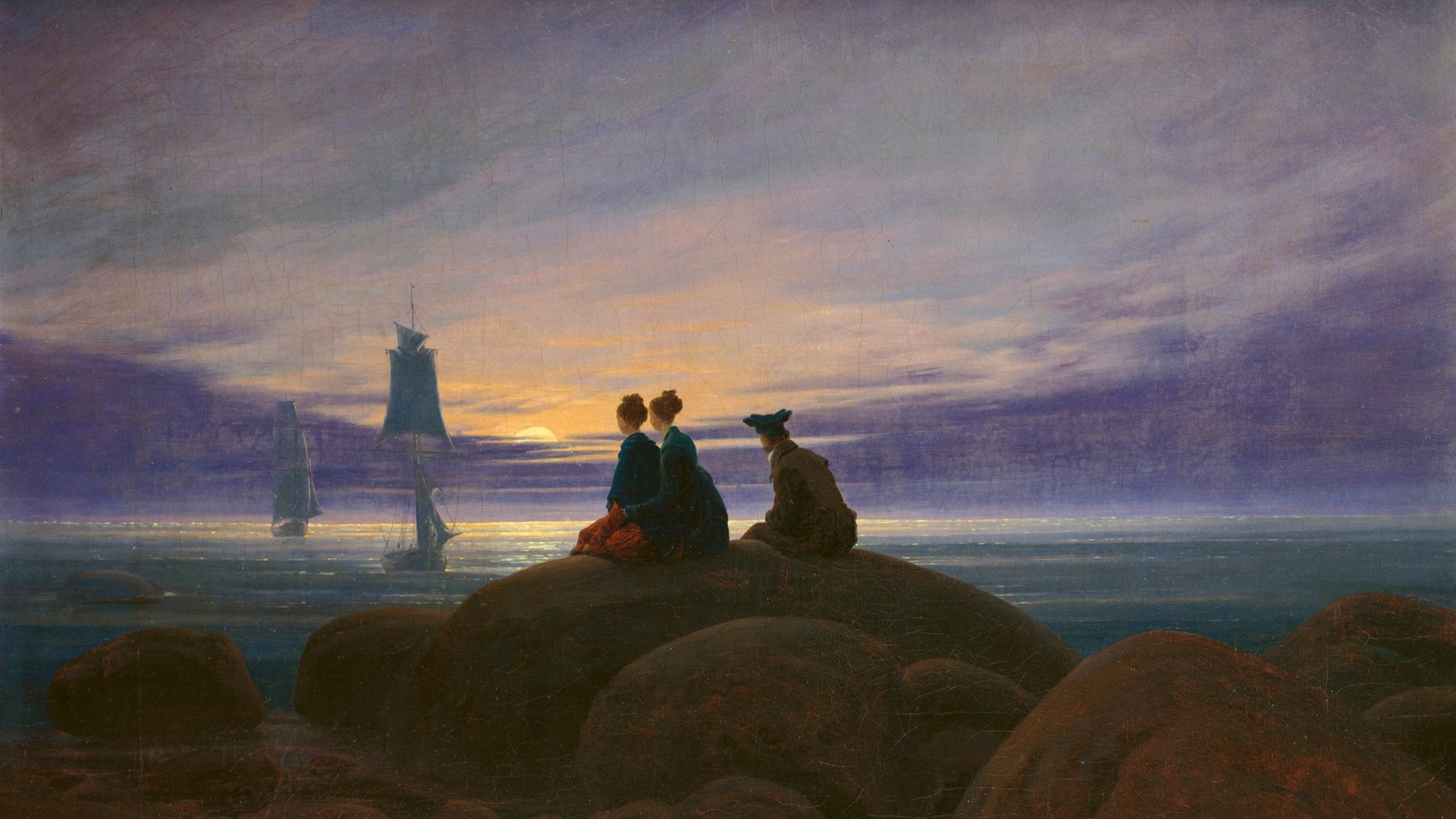
Whatever Happened to the Human Person?
‘Learning, the moral and intellectual basis of human life, must be readapted and reopened to the world of value and inspiration. Education must once again become Bildung.’

‘Learning, the moral and intellectual basis of human life, must be readapted and reopened to the world of value and inspiration. Education must once again become Bildung.’

‘Europeans occasionally refer to the United States as the “Fourth Rome”, yet within American discourse, the designation is simply the “New Rome”, implying direct succession to the Urbs Aeterna.’
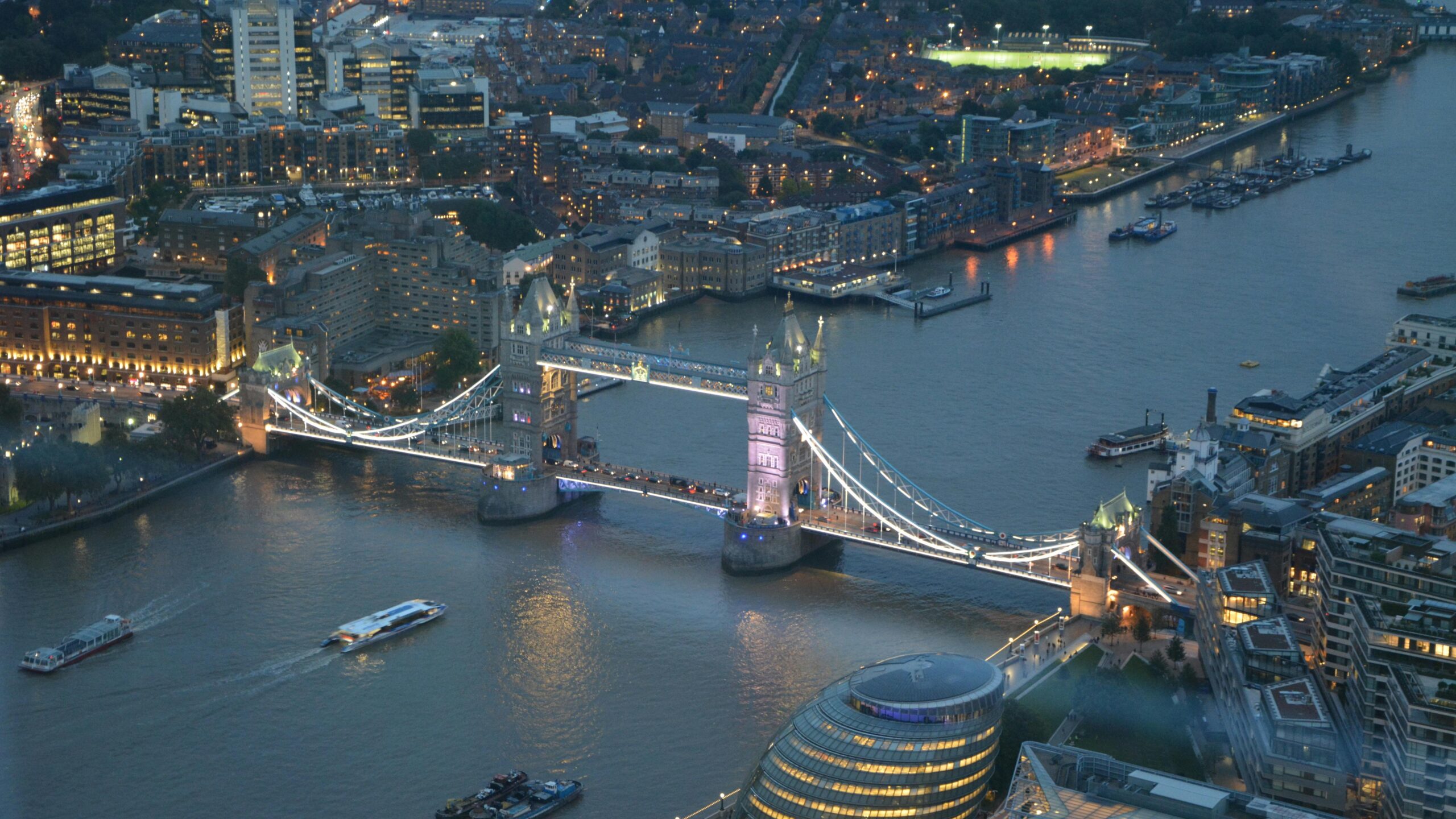
‘We are not lovers of liberty in any pure sense whatsoever. The Covid pandemic revealed that we are a nation of tutters, conformists, and curtain twitchers…’
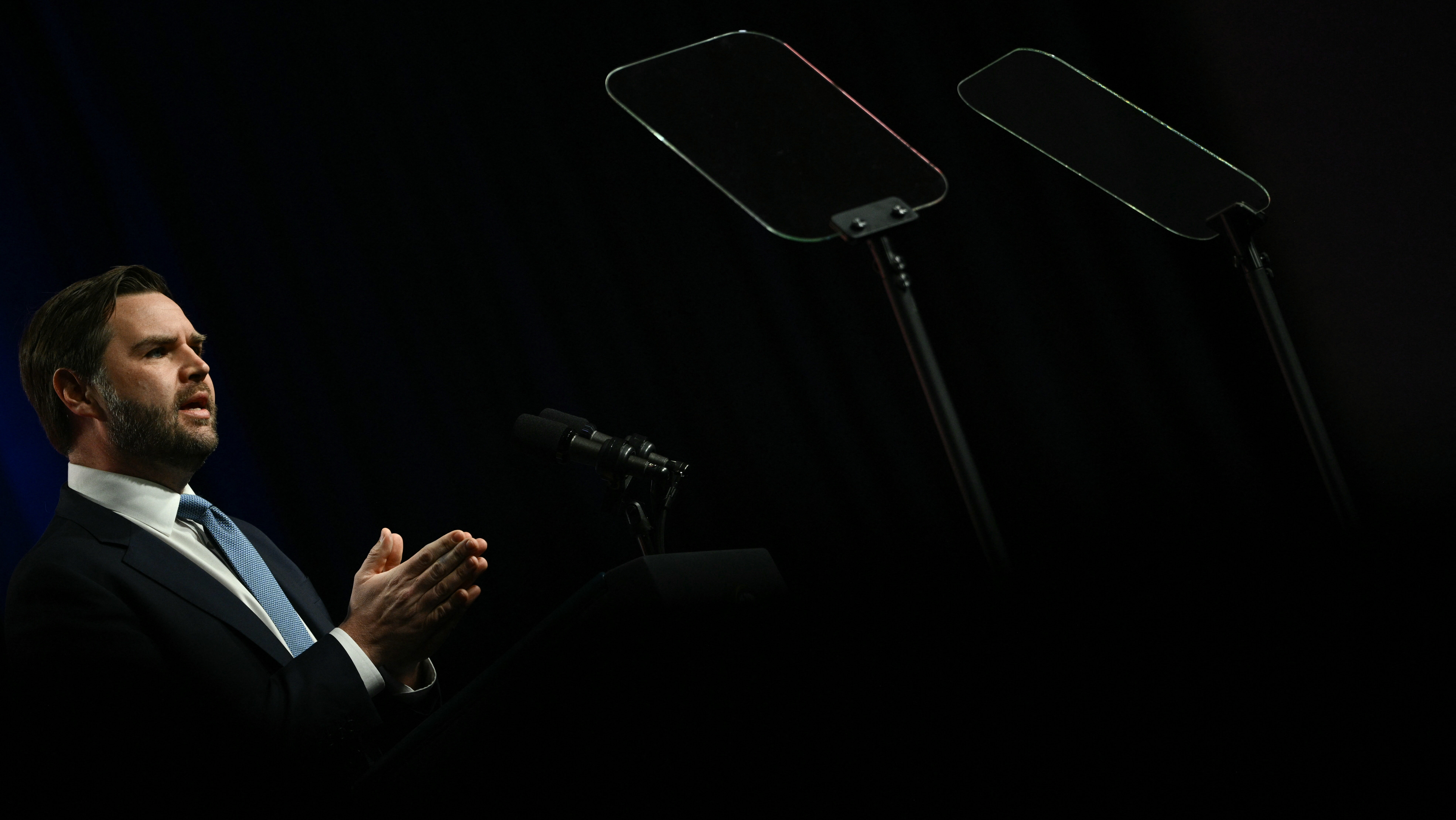
US Vice President JD Vance blasted Brussels for targeting Elon Musk’s X platform, urging the EU to defend free speech instead of ‘attacking American companies over garbage’. His remarks follow reports that the European Commission is preparing a major DSA fine against X—just as tensions with Washington escalate over Ukraine and trade.
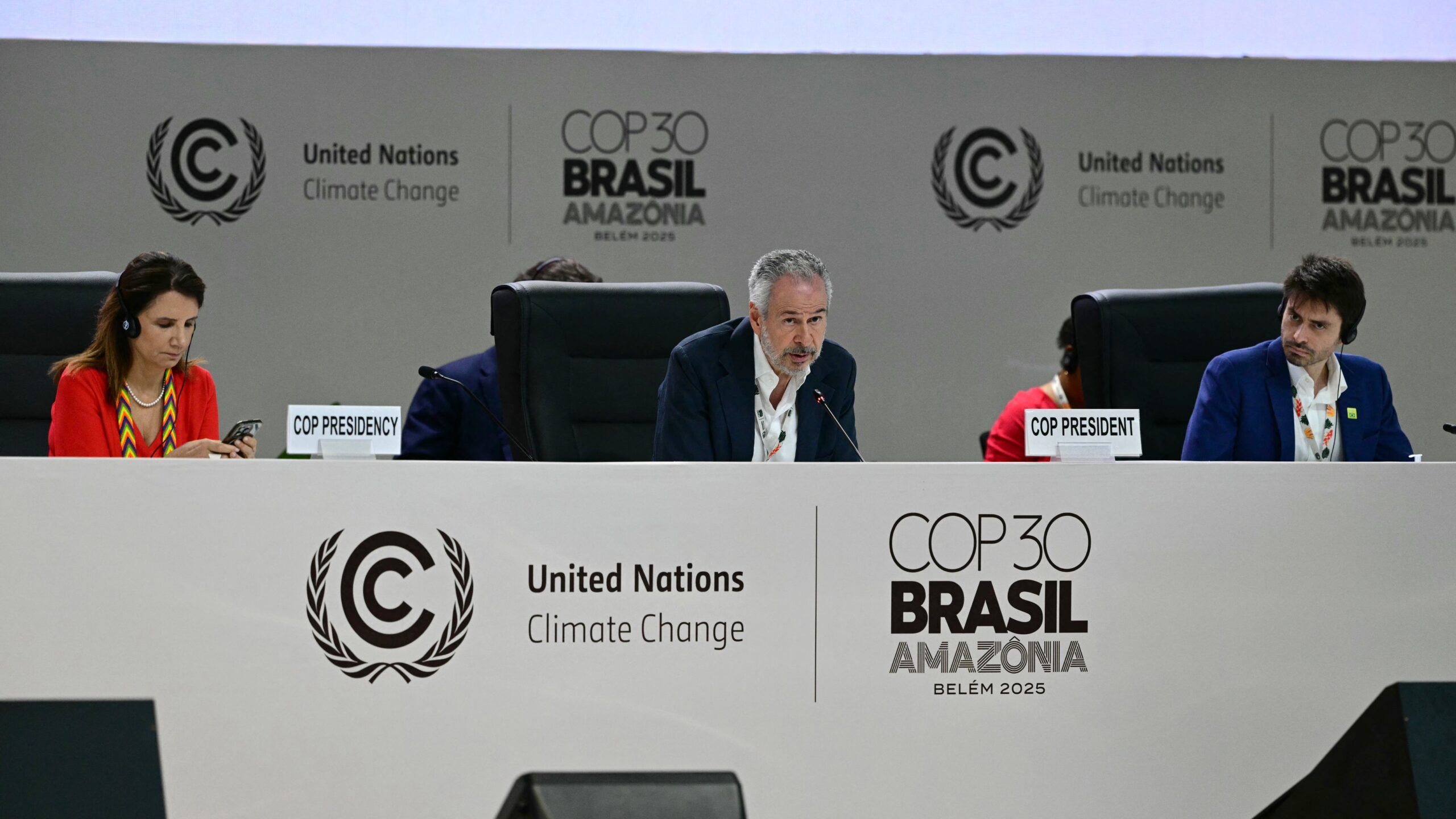
Global leaders met in Belém, Brazil, for COP30, seeking progress on climate action despite geopolitical tensions. Brazil’s proposed ‘Global Mutirão’ aimed to unite countries on fossil-fuel transition and climate finance, but negotiations yielded only partial breakthroughs, revealing deep divides over energy, funding, and trade measures.
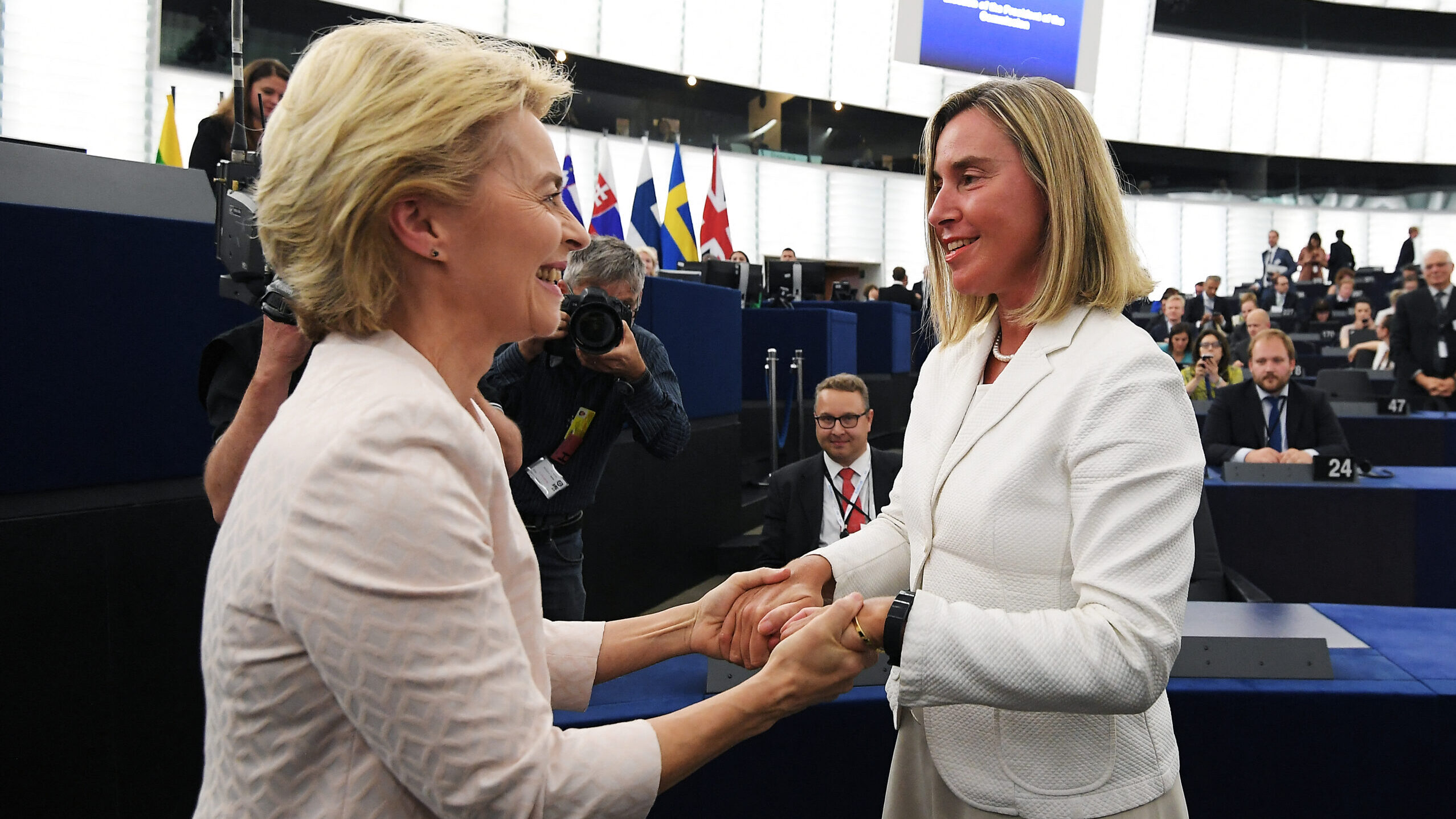
Nearly three years after Qatargate, Brussels is rocked by another major scandal: Belgian authorities have detained former EU foreign-policy chief Federica Mogherini and top diplomat Stefano Sannino in a fraud probe involving the EU’s diplomatic academy. The probe is already fuelling calls for accountability at the highest levels of the Commission.
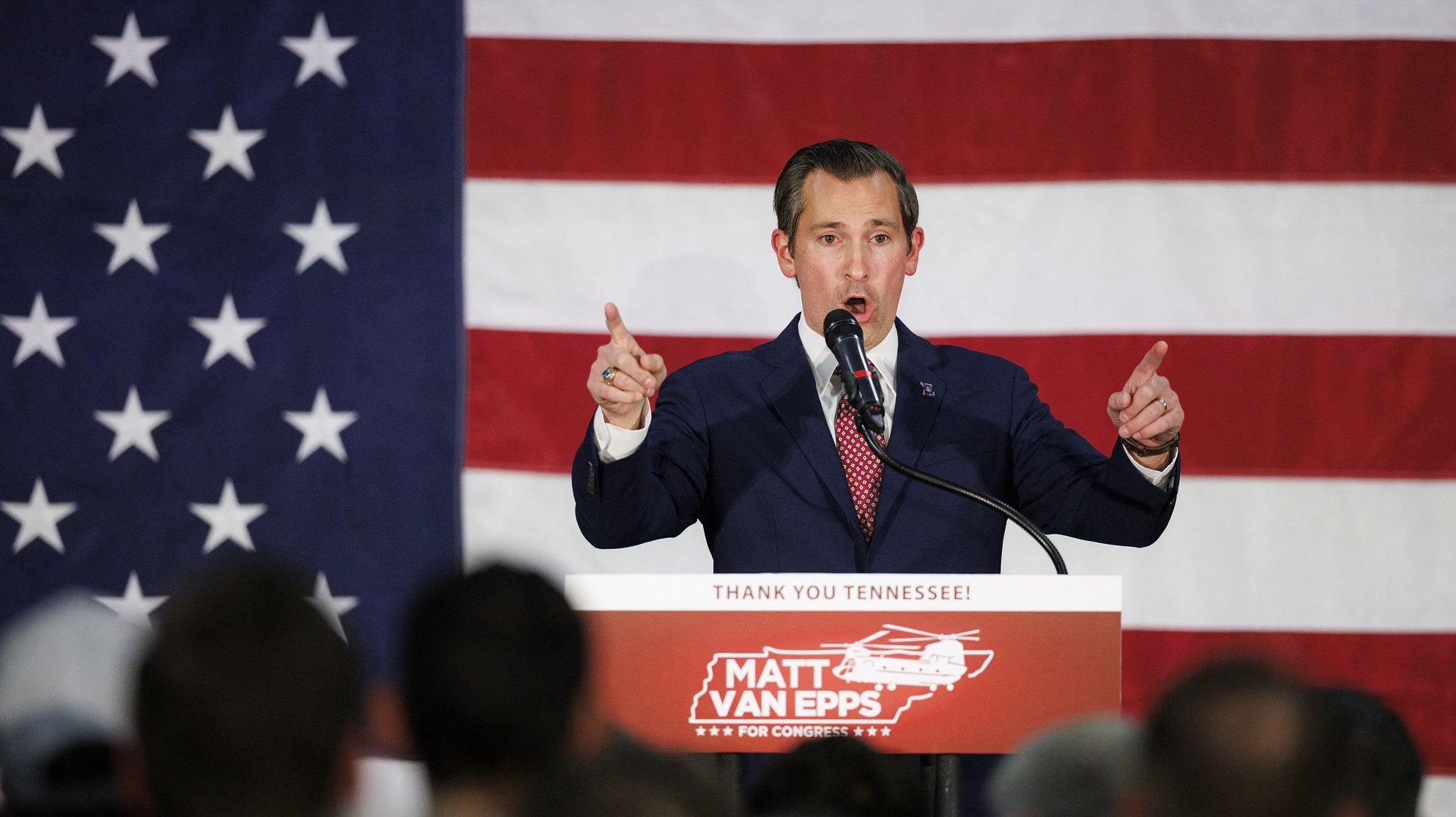
Matt Van Epps of the Republican Party defeated Democrat nominee Aftyn Behn, who has been dubbed as ‘the AOC of Tennessee’ by right-wing media, in the special election for the vacant seat in the US House of Representatives in Tennessee’s 7th congressional district. The GOP retains their 220 House seats, while Democrats currently have 214.
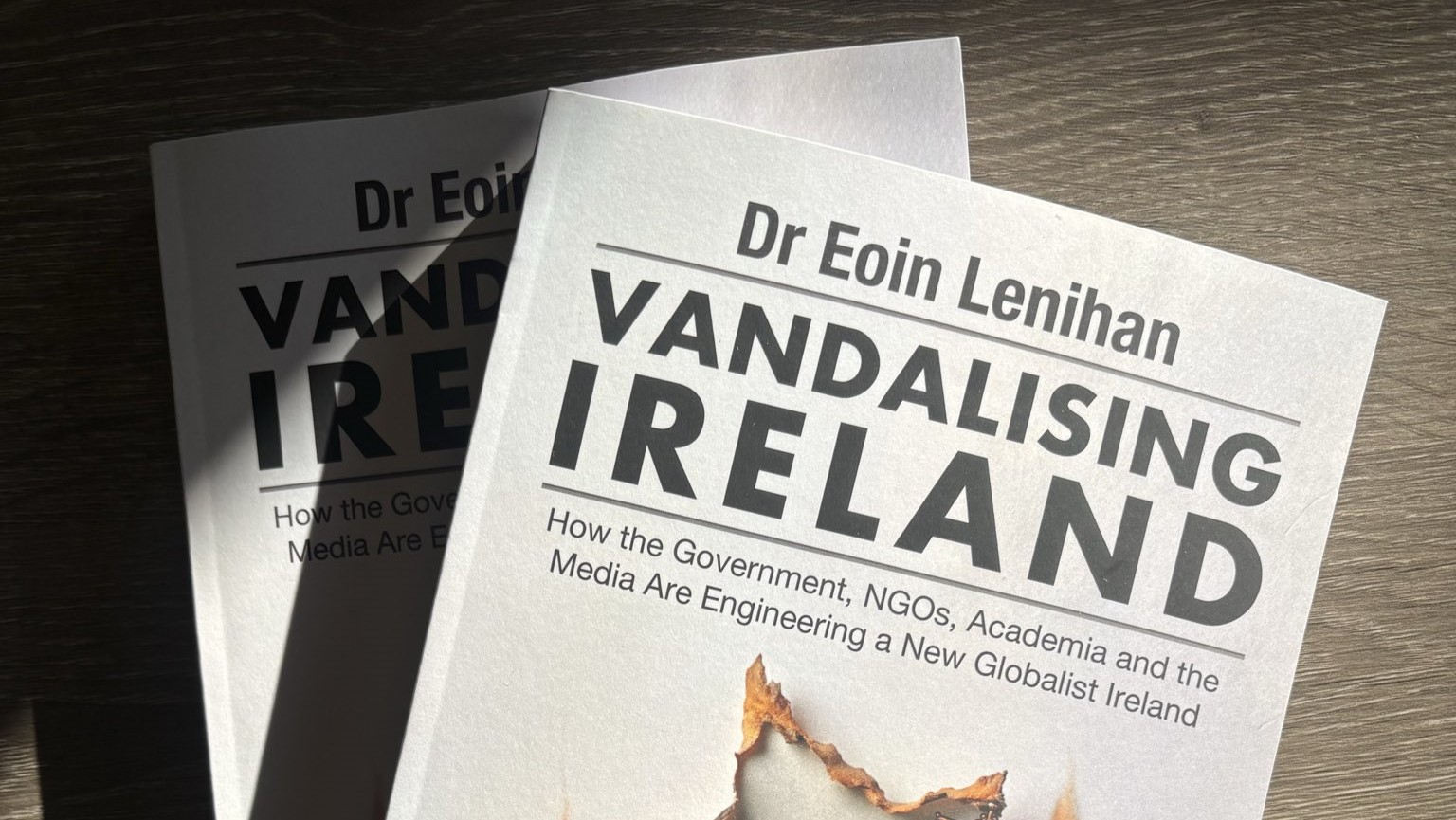
‘Following an embarrassing spectacle in Ireland that saw nearly 13 per cent of voters cast “spoilt” ballots while an unapologetic leftist cruised to victory in the Irish presidential race, establishment-liberal politicians like Tánaiste [Deputy Prime Minister] Simon Harris exhibited timid initial signs of policy reversal on the immigration issue.’
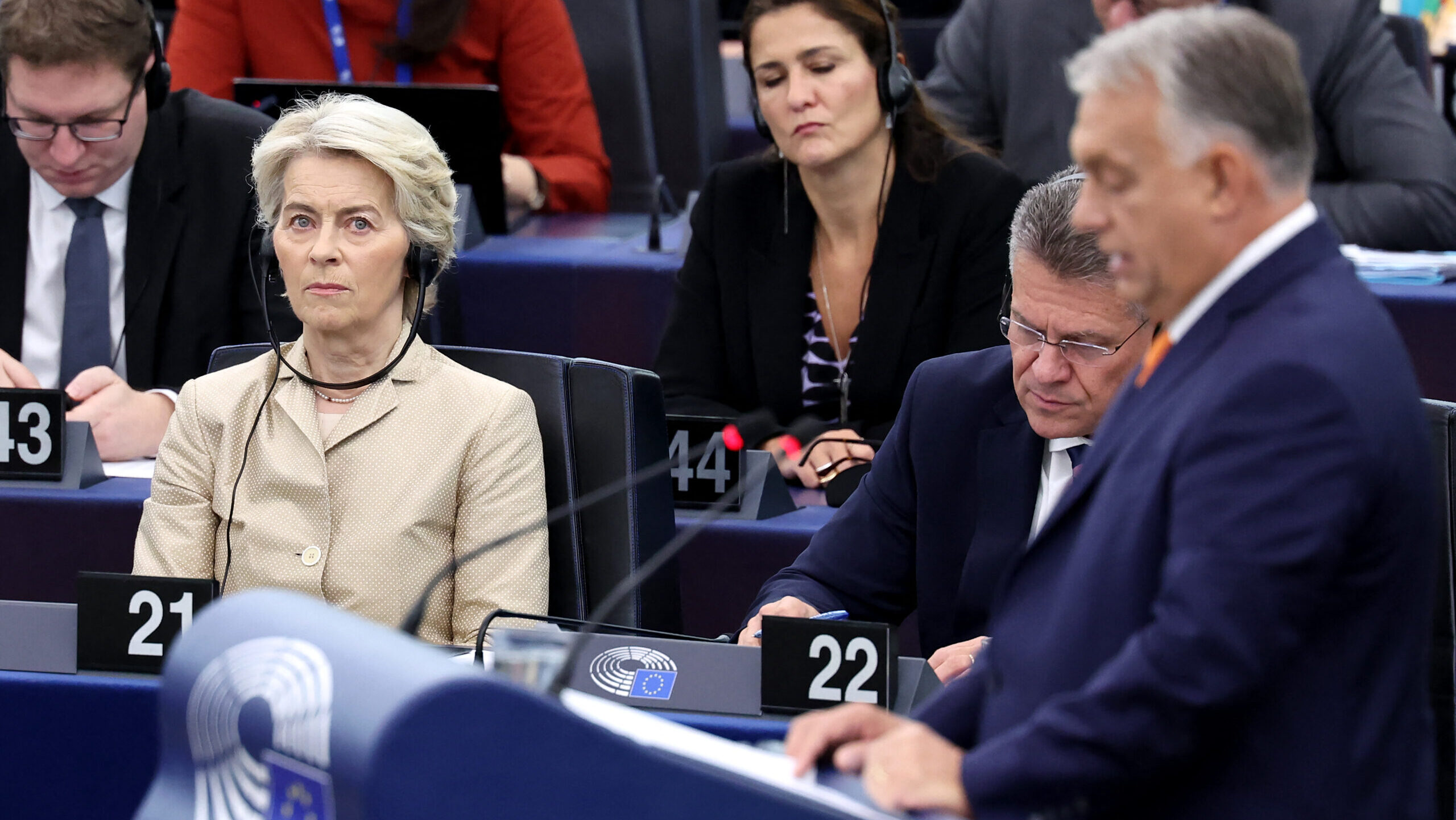
Hungary has become a net contributor to the European Union for the first time since its 2004 accession, as frozen EU funds continue to distort the financial balance. With Budapest paying more into the common budget than it receives, the economic impact of the European Commission’s political blackmail campaign is increasingly visible ahead of the 2026 election.
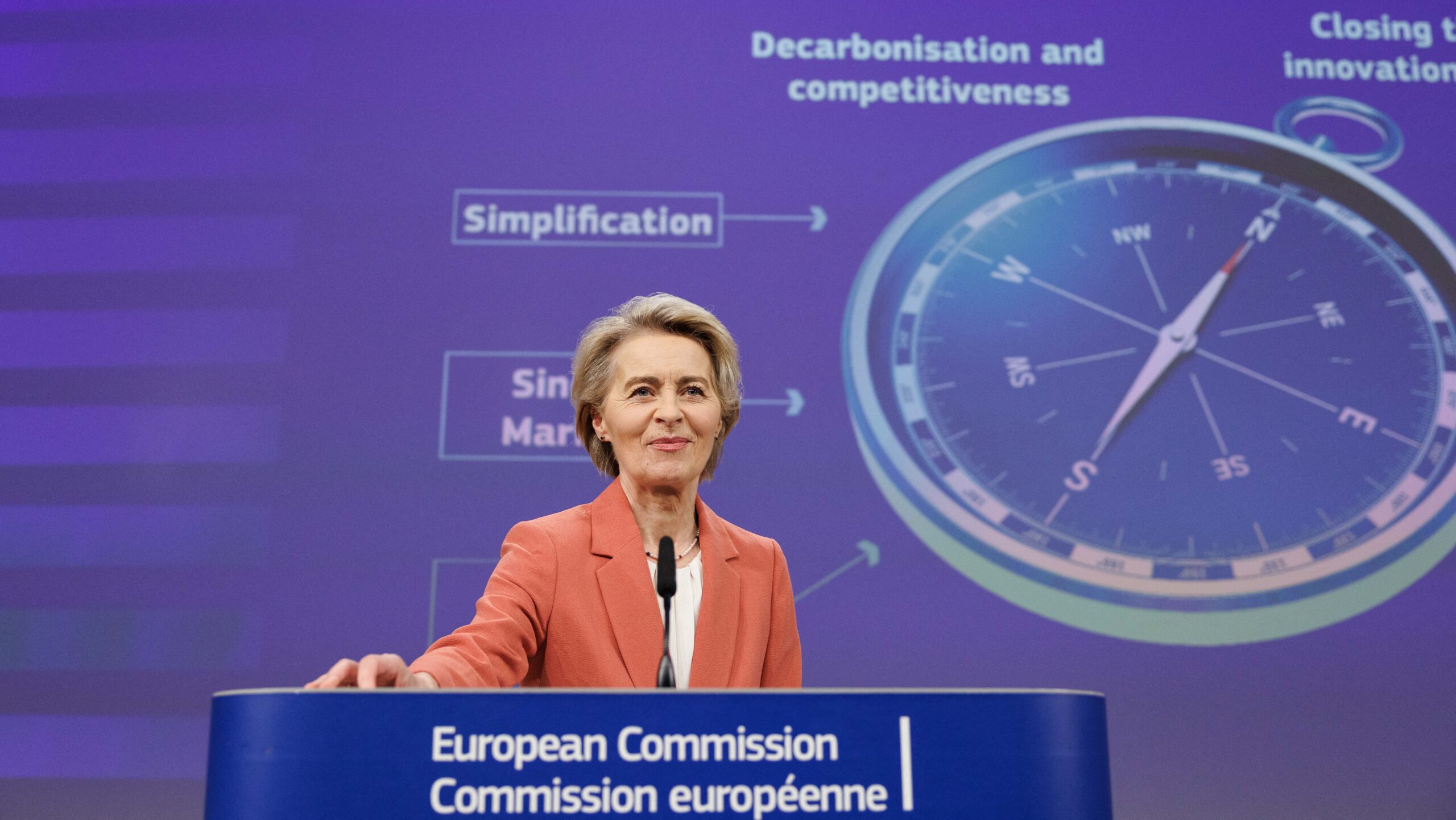
‘The Commission’s initiative…is more than just stigmatizing content deemed “false” by Brussels’s fact-checkers. It is also about setting up a closely aligned network in Europe that can coordinate to spread “correct” and “truthful” information—while being paid by Brussels.’